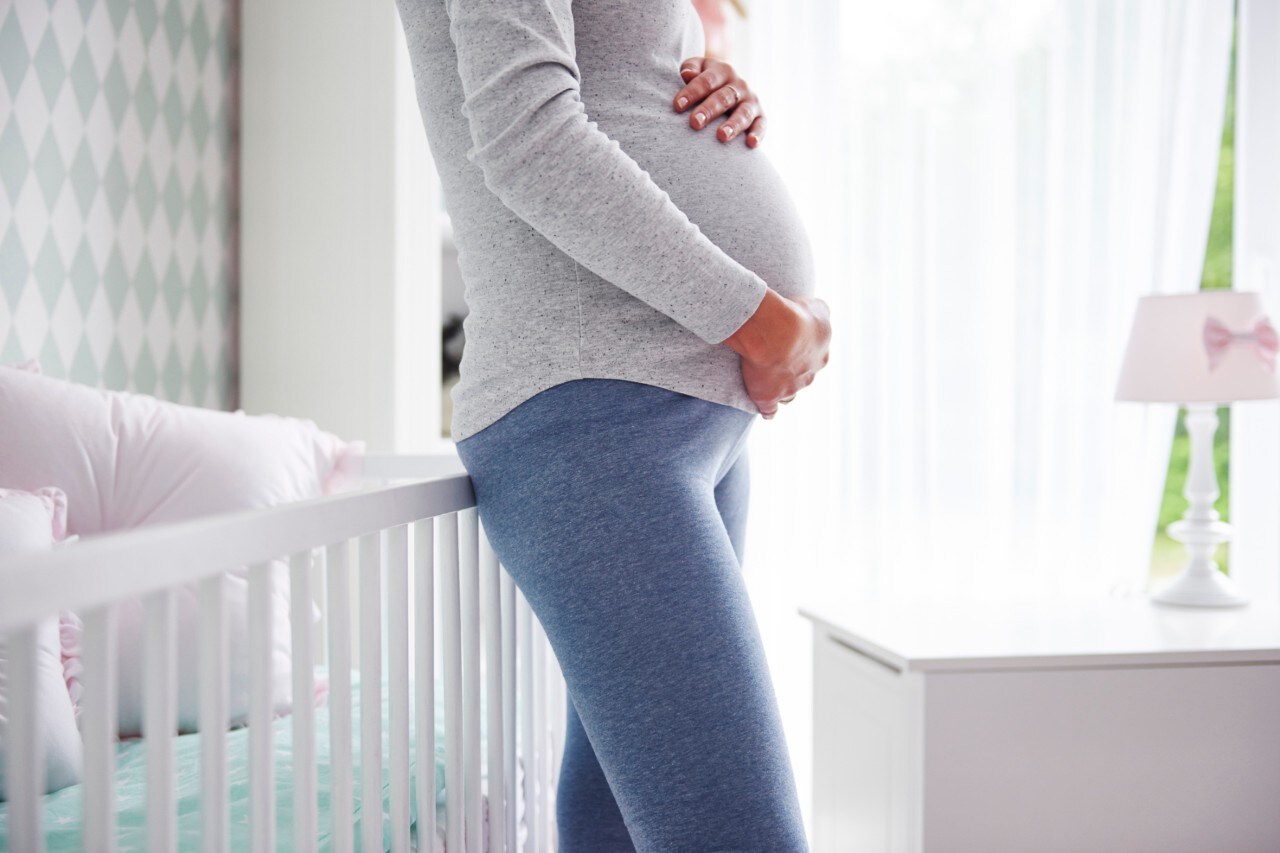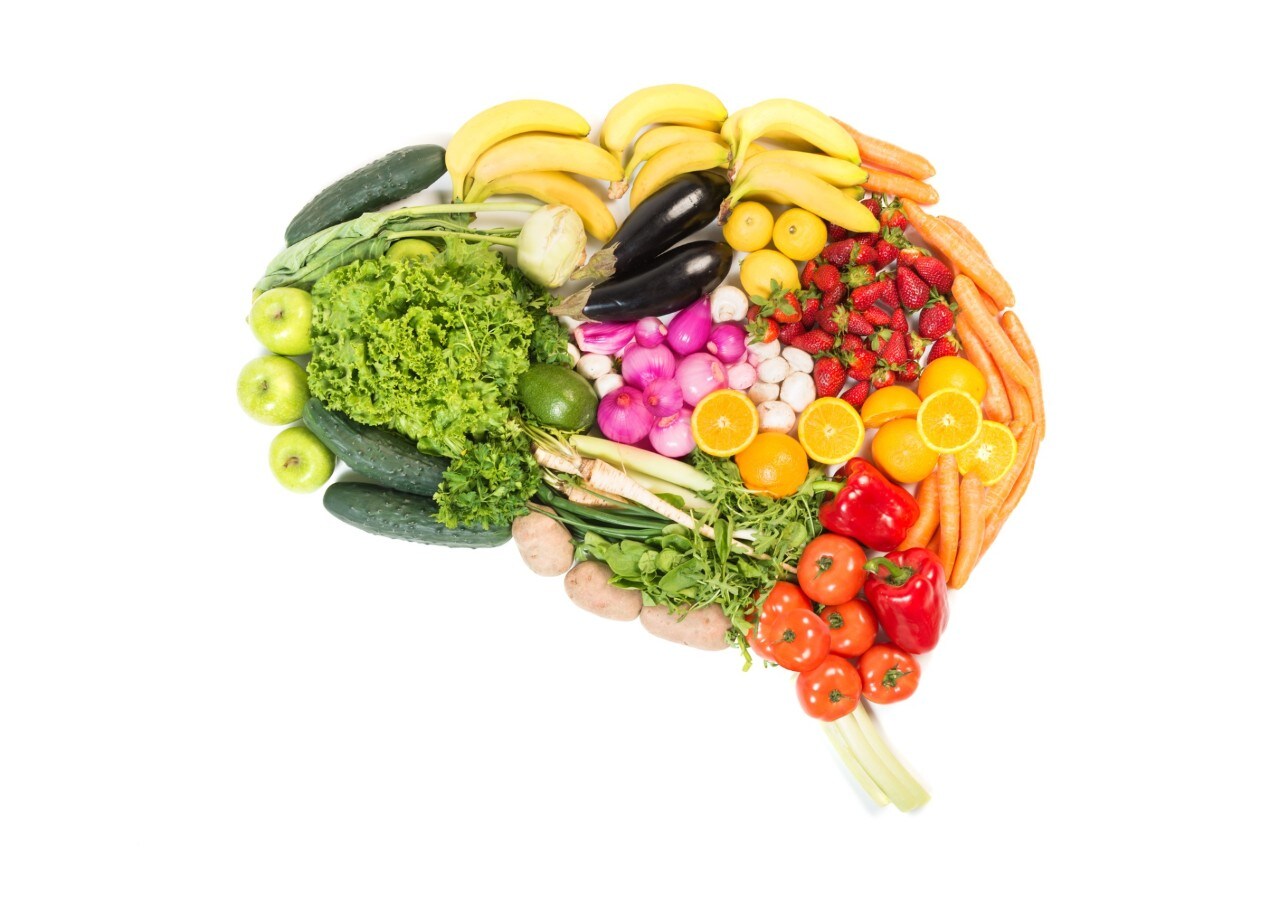Pregnancy is a critical time for a woman to ensure that she eats well – this is important for her health and that of her baby. Healthy eating during pregnancy in fact determines her child’s future in many ways.
Well-nourished women are more likely to have healthy babies and keep them healthy by providing the breastmilk they need to thrive – exclusive breastfeeding from birth (starting within he first hour) to 6 months and continued breastfeeding to 2 years and beyond. Click here for more information on the bounty of breastfeeding benefits. Under-nourished women, or adolescent mothers who themselves are still growing, are more likely to have preterm babies, problems with foetal development and growth which can lead to pregnancy loss, birth defects, long-term metabolic disturbances, and babies who are too small at birth.
The key components of healthy pregnancy include eating a variety of healthy foods; appropriate weight gain; continued physical activity; timely vitamin and mineral supplementation; avoiding alcohol, caffeine, tobacco, and other harmful substances; and safe food preparation and storage. Click here to read more about these important factors.
Yet during pregnancy, women often endure a range of ailments that might negatively impact on their food intake and both their and their baby’s need for vital nutrients that support growth, development and health throughout life.
Be Warned: Calories Are Not the Same as Nutrients
When pregnant, you don’t have to eat for two, and nor should you eat less than normal out of fear of having a large baby. You need to have a healthy baby and the best way to do that is to have a healthy varied diet! From about the third month of pregnancy you need only an extra 840 - 1250 kilojoules per day in addition to the diet you ate before you were pregnant. This amounts to 2-3 extra slices of wholewheat bread, or 1-2 extra slices of wholewheat bread plus one glass of milk.
The micronutrients most needed in pregnancy and commonly taken as supplements are vitamins A, D, E, folate, B12, B6, and C, iron, zinc, iodine, copper and selenium.
Click here to read our infographic on getting sufficient nutrients during pregnancy.
Pregnancy Ailments
Most women endure three common ailments during pregnancy: nausea, heartburn and constipation. Here are a few tips to help alleviate their symptoms.
Nausea affects about 70% of women and usually occurs around weeks 9-10, becoming milder and often stopping around weeks 16-20.
- Eat little and often – every 2 hours is quite acceptable.
- Eat dry toast, crackers and breakfast cereals.
- Cold foods like fruit and vegetable salads are often better tolerated.
- Avoid strong smelling foods.
- Avoid fatty and sugary foods.
- Ginger helps alleviate nausea – try ginger biscuits and grate fresh ginger into hot water.
- Vomiting causes dehydration – drink little and often.
Heartburn affects 30-50% of pregnant women and usually gets worse as the pregnancy progresses.
- East small and regular meals and snacks.
- Avoid chocolate, fatty foods, alcohol and mint - they relax oesophageal muscle so that acid from the stomach regurgitates up into the oesophagus more easily.
- Avoid acidic and spicy foods that may irritate mucosa (tomato, citrus fruits and juices, vinegar, hot pepper, curry, etc.).
- Eat slowly.
- Drink between meals rather than with meals.
- Don’t eat near bedtime.
- Sleep well propped up, not flat.
- Consult your doctor before taking antacid medications - some antacids can bind iron in foods, making it unavailable for absorption.
Constipation affects 35-40% of pregnant women.
- Drink plenty of fluids which should include 6-8 glasses of clean, safe water a day.
- Increase intake of foods rich in fibre (wholewheat bread, brown rice, wholegrain cereals, fresh and dried vegetables and fruits, especially prunes and figs).
- Consult your doctor about iron supplements as they can cause or aggravate constipation.
- Exercise regularly.
Food Safety
Food safety is more important than ever when you’re pregnant. Follow these 10 general precautions:
- Do not eat or drink raw (unpasteurized) milk or milk products such as soft cheeses not made with pasteurized milk, raw or partially cooked eggs (or food containing raw eggs), raw or undercooked meat and poultry, unpasteurized juice, raw sprouts, raw or undercooked fish or shellfish including cold smoked fish, and cold deli salads.
- All food should be safely handled, stored and protected from cross-contamination. Keep cooked and ready-to-eat food separate from raw and unprocessed food, so there is no cross-contamination.
- Eat freshly cooked food as soon as possible after cooking.
- Use cooked or prepared food that has been stored in the refrigerator within two days.
- Reheat cooked food thoroughly so that it is steaming hot.
- Take special care to heat food thoroughly when using microwave ovens.
- Wash raw vegetables and fruit thoroughly.
- Wash your hands and utensils and chopping boards before using for a different food to avoid cross-contamination.
- Pregnant women should ensure that the water they drink is clean and safe – boil and let cool if uncertain
- Canned food should be eaten immediately after opening the can. Any leftovers should be removed from the can for storage in the fridge and eaten within two days.
Ensuring that mum and baby get sufficient nutrients from the food mum eats and the supplements she takes during pregnancy has a critical role in baby’s development and better maternal nutritional status so following this advice will support a healthy, happy pregnancy for you and a bright future for your baby.










